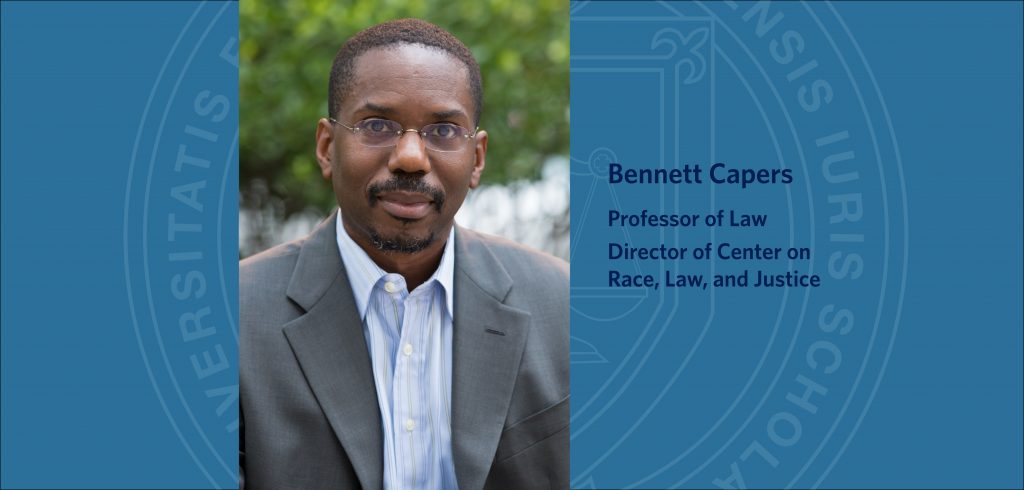Professor Bennett Capers was quoted in The Guardian, lending his expert opinion on the new evidence in the case of Pamela Moses, a Black Lives Matter Activist in Memphis who was sentenced to six years in prison for trying to register to vote.
I have an update in my reporting on the case of Pamela Moses, the 44-year-old Black Lives Matter Activist in Memphis who was sentenced to six years in prison for trying to register to vote. The case has attracted significant national attention because many see Moses’ sentence as too severe and a clear example of disparities in the US criminal justice system.
The prosecution’s case is built around the argument that Moses knew she was ineligible to vote because she was on probation, and people on felony probation in Tennessee cannot vote. Indeed, a few months before she tried to register, a judge had issued an order telling Moses her probation was ongoing. But nevertheless, prosecutors argued, she convinced a probation officer into signing a form saying she was eligible to vote and then knowingly submitted the document knowing it was false. “You tricked the probation department into giving you documents saying you were off probation,” W Mark Ward, the judge who sentenced Moses, said in January.
…
Any acknowledgment of an error from the probation department is potentially significant because it challenges the argument that Moses knowingly voted illegally, experts said. “Mistake of fact is never a defense. But one of the major exceptions is if you’re relying on someone who is officially responsible for telling you whether you’re breaking the law or not then you’re not guilty of a crime,” Bennett Capers, a former federal prosecutor who is now a law professor at Fordham University, told me.
When he sentenced Moses, Ward dismissed the idea that an error by the probation department meant Moses wasn’t guilty of a crime. Such an argument, he said, is like saying “a person who obtains money from a bank by posing as another person is not criminally responsible because the bank should have discovered the fraud and not given the money to the thief.”

